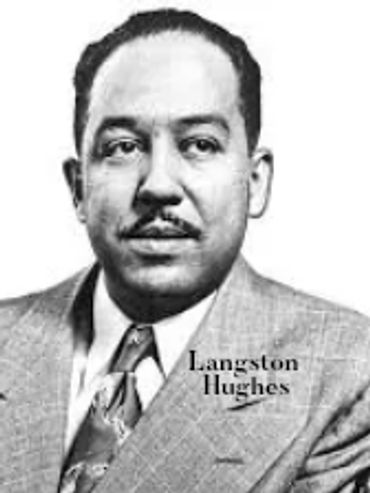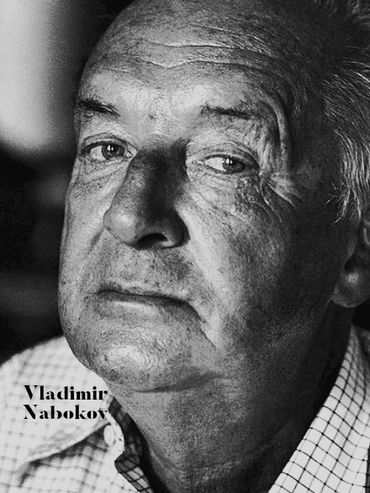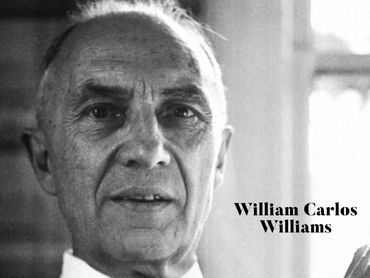
About the Author
Kelly Washbourne is a Middlebury Institute of International Studies graduate, and is Professor of Spanish at Kent State University in Ohio, United States. He teaches Interpreting and Spanish for Special Purposes.
His community-oriented initiatives have included service missions to El Salvador, Guatemala, and Nicaragua, and biliteracy programs for Latinx children. He is working on various projects related to cosmopolitan competence, interculturality, and linguistic human rights. He is a Guest Editor for the special issue of Mutatis Mutandis (Medellín, Colombia) on translation and activist commitment appearing in 2025.
His publications include the book translations After-Dinner Conversation, a critical translation and introduction of De sobremesa, the 1896 novel by José Asunción Silva (University of Texas Press' Pan-American Literature in Translation series, 2005); An Anthology of Spanish American Modernismo, in English Translation with Spanish Text (edited; translated with Sergio Waisman, MLA Texts and Translations series, 2007); and Nobel Laureate Miguel Ángel Asturias' Legends of Guatemala (Latin American Literary Review Press, 2011), for which he won the National Endowment for the Humanities Summer Stipend in 2009 and the National Endowment for the Arts Translation Fellowship in 2010. His book-length translation of Cuban exile Reinaldo Arenas' selected poetry, Autoepitaph: Selected Poems (Camelly Cruz Martes, ed.; University Press of Florida, 2014), was longlisted for the 2015 PEN Award for Poetry in Translation. He co-edited the Routledge Handbook of Literary Translation with the late Ben Van Wyke (2018). He has completed the first full English translation of all three volumes of the seventeenth-century Spanish masterpiece, El Criticón (1651-57), by Baltasar Gracián.


Dr. Washbourne is an Associate Editor of Perspectives: Studies in Translation Theory and Practice and former series editor of Translation Practices Explained. This monograph features a translator biography for each of twenty translator-theorists working into English, and unearths their translation philosophies.
His research is available
About Translators on Translation
Washbourne offers eloquent, informative, poetic revelations of translators in their lived complexity, thinking and theorizing, creating and sharing experiences that extend beyond the narrow practice of translation. We discover writers, including scholars, who translated more than we knew, with greater reflexivity and keener insight than we knew. And we thereby find that literary translation into English, sometimes maligned for paucity and domestication, is far richer than reductive binarisms.
Anthony Pym
Book Table of Contents
Acknowledgments and dedication
Introduction
1 William Carlos Williams (1883–1963, American)
2 Vladimir Nabokov (1899–1977, Russian-American)
3 Langston Hughes (1901–1967, American)
4 Barbara Wright (1915–2009, British)
5 Christopher Middleton (1926–2015, British)
6 Robert Bly (1926–2021, American)
7 Burton Raffel (1928–2015, American)
8 Ursula K. Le Guin (1928–2015, American)
9 David Tod Roy (1933–2016, American)
10 Clayton Eshleman (1935–2021, American)
11 Anthea Bell (1936–2018, British)
12 John Felstiner (1936–2017, American)
13 Seamus Heaney (1939–2013, Irish)
14 Dennis Tedlock (1939–2016, American)
15 Barbara Godard (1942–2010, Canadian)
16 Carol Maier (1943–2020, American)
17 Barbara Johnson (1949–2009, American)
Conclusion: Past is prologue
Questions for discussion
On the Routledge Translation Portal are three bonus authors:
18 James S. Holmes (1924-1986, American-Dutch)
19 Ted Hughes (1930-1998, British)
20 Robert Lowell (1930-1998, American)
featured Translators - Photo Gallery




















This website uses cookies.
We use cookies to analyze website traffic and optimize your website experience. By accepting our use of cookies, your data will be aggregated with all other user data.